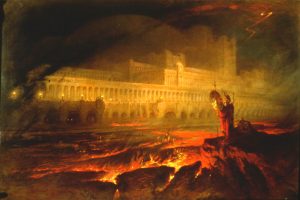 A little under four years ago the United Kingdom was picking its gingerly way through the mongrel days of the final run up to the 2012 London Olympics. It is fair to say that a great mood of cynicism – even pessimism – hung heavy in the air. The world financial crisis was at its height and it seemed somehow perverse to be spending a fortune on a festival of sport in such straightened times.
A little under four years ago the United Kingdom was picking its gingerly way through the mongrel days of the final run up to the 2012 London Olympics. It is fair to say that a great mood of cynicism – even pessimism – hung heavy in the air. The world financial crisis was at its height and it seemed somehow perverse to be spending a fortune on a festival of sport in such straightened times.
Perhaps worse, there was a very real fear that the country would wake the morning after the opening of the Olympiad to find itself the object of ridicule and derision for what many people believed was going to be – particularly by comparison with the lavish state-devised extravaganza from Beijing four years earlier – an amateurish and embarrassing debacle. On the night of the opening ceremony at least one UK journalist – submitting copy to catch the early editions before the event had started – penned a devastating critique along just such lines.
It took less than ten minutes for the great majority of those watching to change their minds utterly.
My post to this journal of the following morning included this:
As you may have deduced – I spend Friday evening watching Danny Boyle’s bizarre, amateurish (in the best sense), messy, insanely brilliant opening ceremony. I fell off the sofa laughing. I howled like a baby – at some points so hard that I could scarce catch my breath. In the kaleidoscopic whirl of layered references (oh what delight – an Olympic opening ceremony incorporating subtlety and ambiguity, whilst at the same time displaying complete self-confidence!) I repeatedly heard and saw images and ideas in the magical musical and visual smorgasbord that made me cry out, “Yes – that’s us… and that… and that…”
The gentle reader is most probably by this point scratching his (or her) head and wondering what could have triggered this brief exercise in nostalgia. The answer is – of course – the recent BBC documentary in the ‘Imagine’ strand entitled “One Night in 2012“. I am not ashamed to report that viewing this one hundred minute documentary – for which pretty much the entire creative team for the ceremony had been re-united – rendered me helpless all over again. On this occasion I was moved not only be the heart string-tugging moments from the show itself (though that did indeed happen) but by the stories of its genesis and evolution.
Confirming once again my view of Danny Boyle’s genius, we heard how the very impossibility of competing with the huge sums of money and military organisation that the Chinese had thrown at the Beijing ceremony had led to the decision being taken very early on that this show would not only be about ordinary people, but that it would feature them as the main element of the performance itself. To that end a huge army of volunteer performers was auditioned and cast as actors, dancers, musicians and stagehands.
I was touched deeply to see how the artistic team set about moulding such a vast company of amateurs with widely varying skill sets into well-drilled teams who not only put on the performance of their lives but also clearly loved every precious moment of it. The producers and directors, community choreographers, composers, drum tutors, costumers and technicians who helped to give this gift, not only to those involved in the show but also to the 80,000 in the stadium as well as to the billions watching on TV, were truly inspirational – in every sense of the word – and I doff my toque to them.
One delighted performer described how he had taken part in the show expecting to spend the evening applauding others – the athletes, dignitaries and so forth – but instead found himself part of a team that were themselves being widely and rightly lauded.
After watching the documentary I was moved once again to search out the film of the ceremony on the InterWebNet. I simply cannot get through it without dissolving. The climax of the opening Pandemonium sequence (which is, I think, exquisite in its entirety) as the newly forged Olympic rings come together above the stadium and burst into fire – leaves me gutted and gasping for breath every single time!
Kudos once again to all involved – and it still is not too late for the knighthoods!


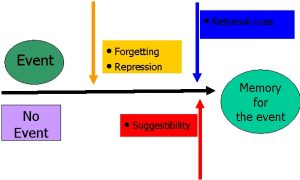
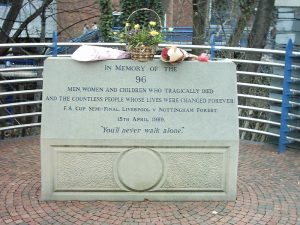
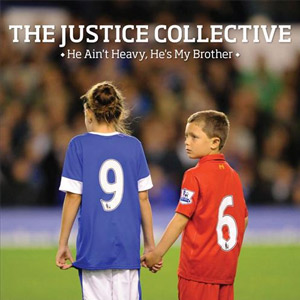
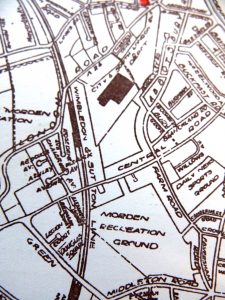
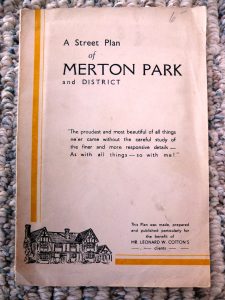
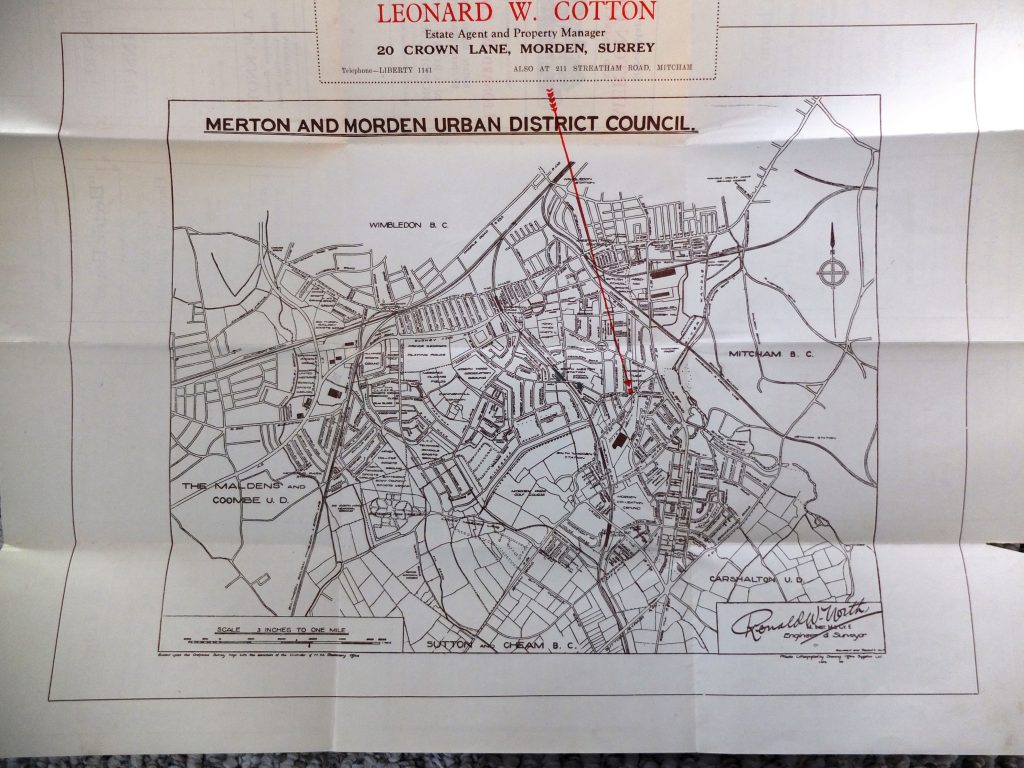


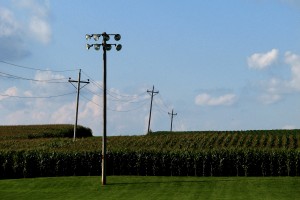
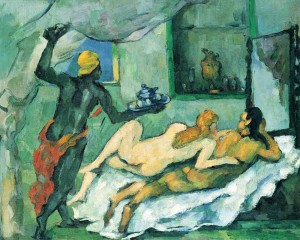


Recent Comments